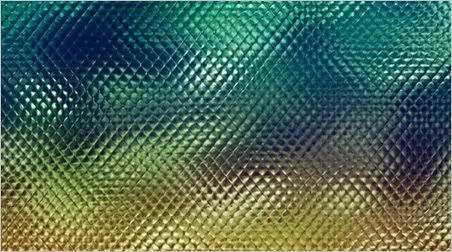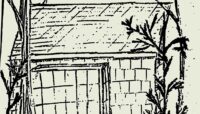
“Plath Heart”
from the album Native Speaker
2011
iTunes
Decamping to Montreal to produce and record their debut Native Speaker, Braids’ lush pop epics reveal a band maturing way ahead of its age. The group’s compositional process could be summed up as exuberant stacking, the piling and peeling of layers. Judging by the buzz in advance of the album from the likes of The New York Times and Pitchfork, the approach has put them in the good graces of the trendsetting and the trendy, but they do in fact deserve the attention.
The album begins with a rapidly delayed guitar part and sporadic tom interjections à la Animal Collective above the burbling of a synthesized creek. The juxtaposition suggests the cover art, which, according to an interview with the photographer, is a picture of mountains filtered through the cover of a fluorescent light. The filter is an appropriate metaphor for the jadedness with which the band approaches the subject of love on “Lemonade,” referring to the people around them as dragons and concluding, “What I’ve found is that we / We’re all just sleeping around.”
“Plath Heart” is the most concise and single-like track on the album, with the second verse containing some of Raphaelle Standell-Preston’s most charming and idiosyncratic vocal deliveries. On “Glass Deers,” there’s a wonderful casualness to the way her voice emerges from the lush background to rhythmically deliver the lines, “I’m fucked up / I’m fucked up.” Here, Braids are not only at their most abstract, but also at their most ramshackle, with gorgeous arpeggiated keys set against Standell-Preston’s voice painfully breaking at the top of her range. “God knows what I do best,” she says. Maybe the combination of profanity and harmonically dense backing just jumps out at me, but it’s also consistent with the cynical undertones of the rest of the album.
“Native Speaker” recalls being indoors with some lover in a place not unlike their windswept, chilly hometown of Calgary, Alberta. Sensuality on the rest of the album crystallizes in blunt sexuality on the titular track, culminating in the lines “Made a place for you to lay the most beautiful of minds down / Pinkest lips that kiss so nicely / Not as nice as the thought of / Maybe having you inside me” alongside swelling ambient synths. But the song takes its sweet time getting there — eight and a half minutes — ensuring, at least for me, that it remains mood music, something for listening to on an overcast day while doing something else.
Is it about time we call this filtered aesthetic a trope? It’s definitely a defining feature of indie music nowadays, be it Girls‘ fuzzed-out posturing at mid-20th-century pop or just “chillwave” in general. The technique itself is nothing new. Michael Stipe‘s incomprehensible, cryptic singing back in 1983 was part of Murmur‘s beguiling appeal, and I think there’s also a parallel with late Romantic composers for whom symphonic structure became something only barely graspable. But is it just a symptom of artistic cowardice to write a pop song and then bury it? In the case of Braids, no.
Their songs are drawn out and lushly textured. The cynicism of their lyrics mirrors the wariness with which they approach traditional song structures. Instead, they hold out for something better. And maybe that’s what the filter’s about: the struggle to maintain one’s own perspective. It’s ironic then — even twisted — that the cover depicts that perspective as a plastic sheen.
If there’s one thing to complain about, it’s a lack of focus to each individual track, in deference to sheer joy at the combinations of sounds they’re making. The danger is that the melodies come off as indistinct. But maybe it just seems that way, given that the last album I listened to was Celebration’s Hello Paradise, in which even the formal structure of each song reflected the character they wanted to portray. As a warning shot, and an indication of what this young Montreal foursome is capable of, Native Speaker succeeds dramatically.


